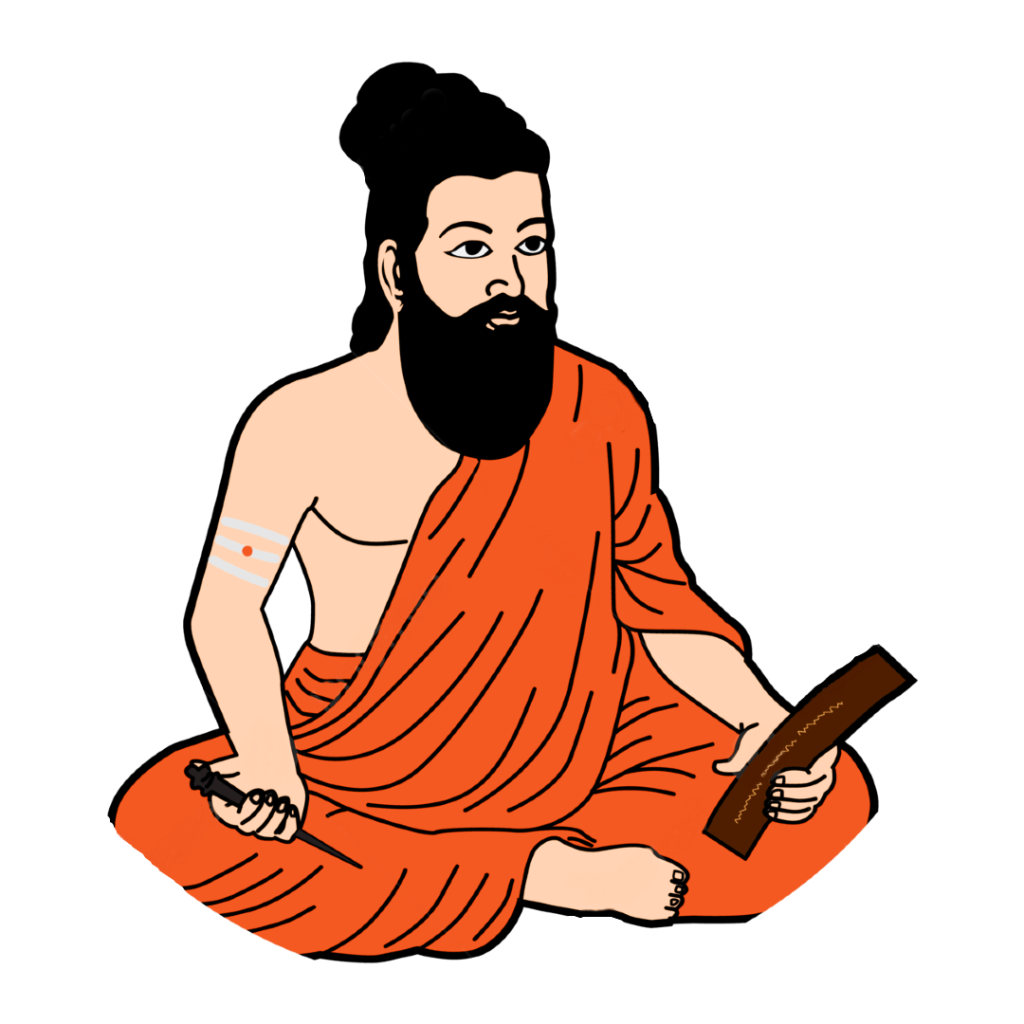
Shastrarth
Decoding the Ancient Scriptures and Knowledge of
Vedas, Puranas & Upanishads

Discover the profound wisdom of Maharishi in Hinduism, guiding seekers on a transformative spiritual journey. Unravel the timeless teachings that offer insights into meditation, consciousness, and inner peace. Join us as we delve into the sacred knowledge and ancient texts that illuminate Maharishi’s invaluable contributions to the Sanatana Dharma.




|| Sacred Veda ||
The term “Veda” is derived from the Sanskrit word meaning “knowledge” or “wisdom.” The Vedas are a collection of hymns, prayers, rituals, and philosophical teachings that were composed by seers known as Rishis. These Rishis, through deep meditation and divine inspiration, received profound insights into the nature of reality, the cosmos, and the ultimate truth.




The Puranas, deriving their name from the Sanskrit word meaning “ancient” or “old,” are a significant collection of sacred Hindu texts. Revered as vital religious scriptures, the Puranas hold a prominent place in Hinduism and are widely used in worship and religious rituals. This article aims to explore the nature, composition, and themes found within the Puranas, shedding light on their historical significance and spiritual teachings.




The Upanishads are a collection of ancient philosophical texts that form the final part of the Vedas, the sacred scriptures of Hinduism. They are considered the culmination of Vedic thought and are regarded as the foundation of Hindu philosophy.
The word Upanishad is derived from Sanskrit and can be translated as sitting down near, suggesting the act of sitting close to a teacher in order to receive spiritual knowledge. The Upanishads are believed to have been composed between 800 and 200 BCE, although some may be even older.




|| Hindu Scriptures – All others ||
Hindu texts are manuscripts and voluminous historical literature which are related to any of the diverse traditions within Hinduism. A few of these texts are shared across these traditions and they are broadly considered Hindu scriptures.
Contrary to popular belief, the Hindu literature in ancient India was not limited to sacred texts such as the Vedas and Upanishads. There is a lot of literature in Prakrit that is full of realism and moral values but does not have religious connotations.
